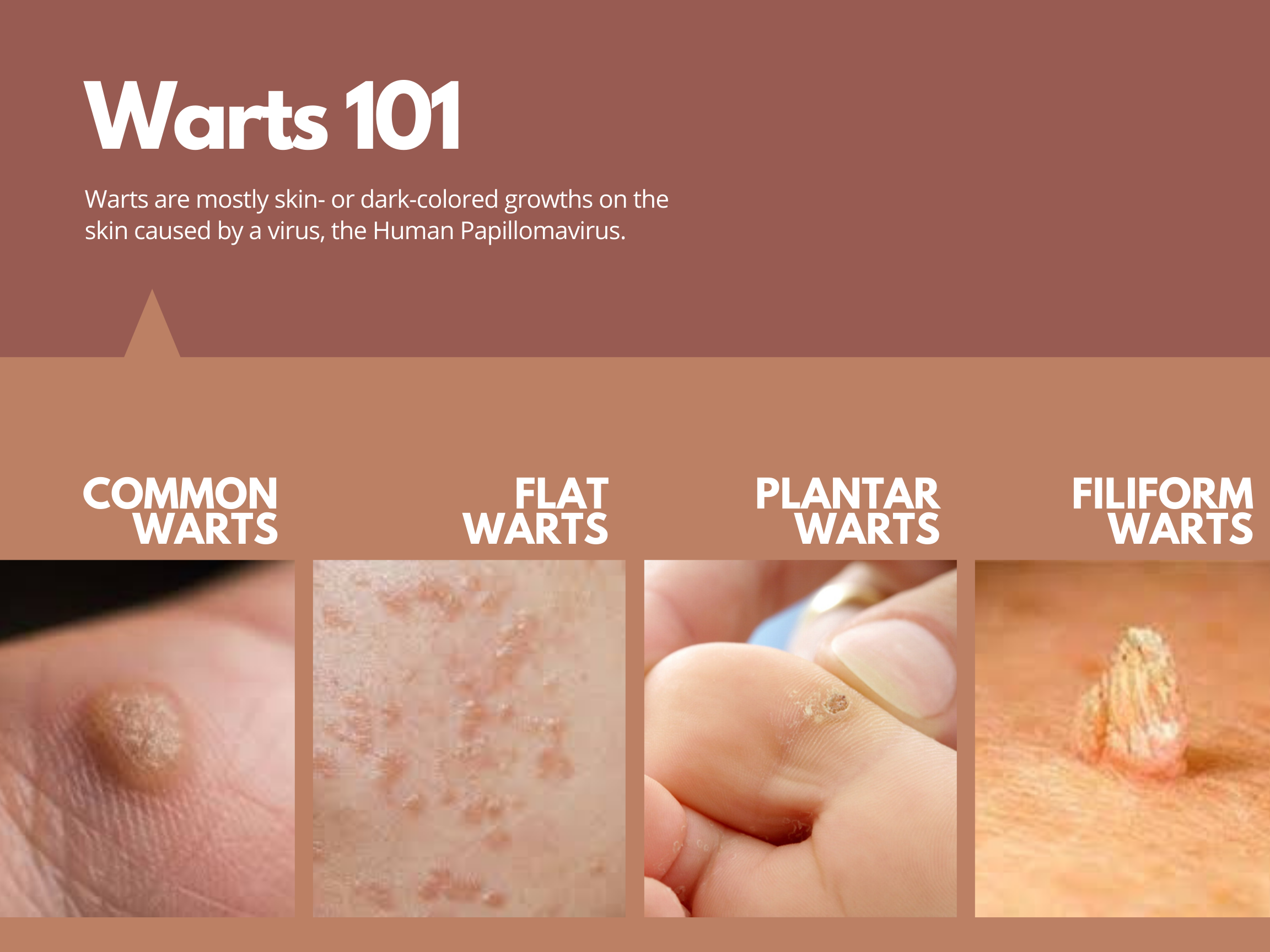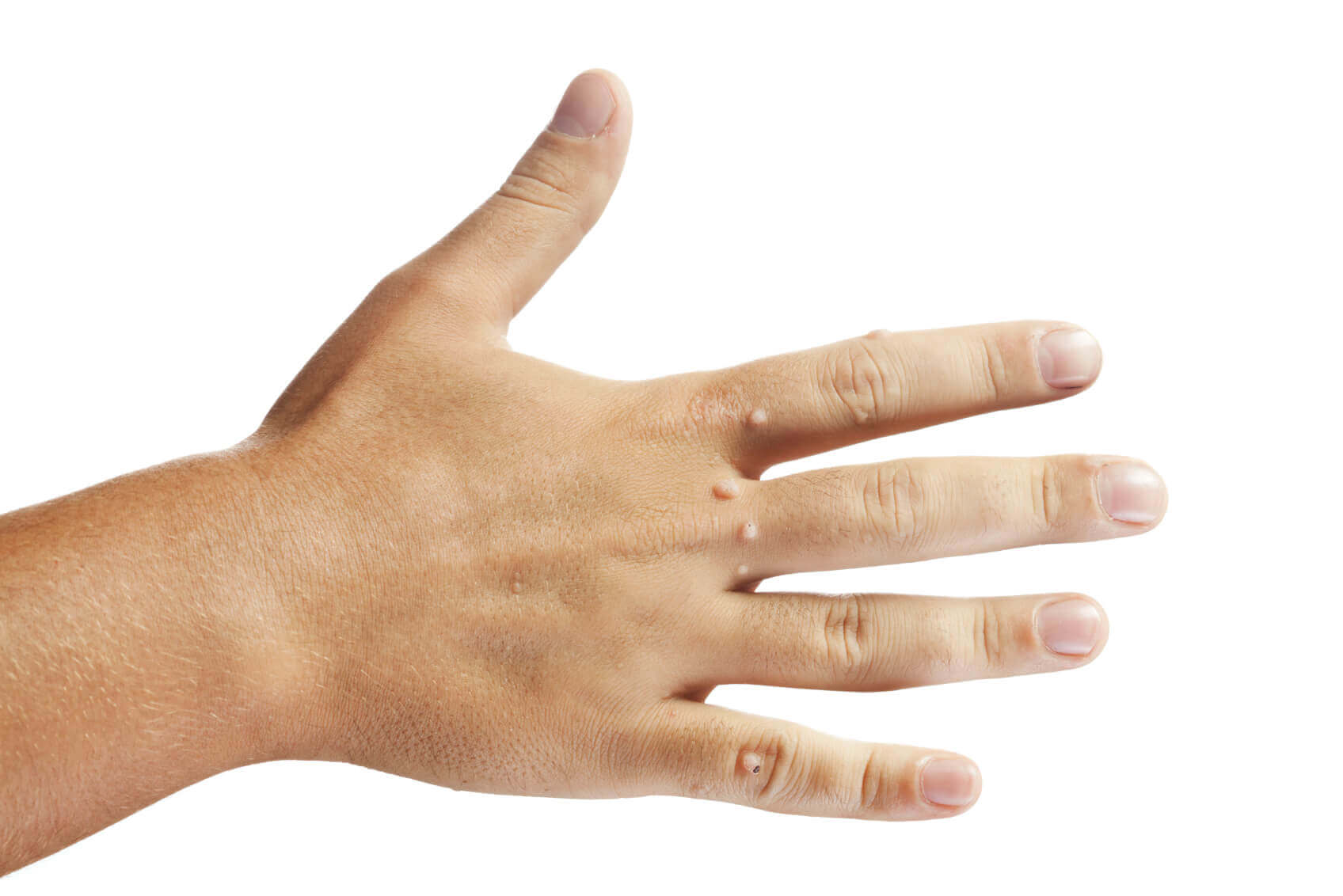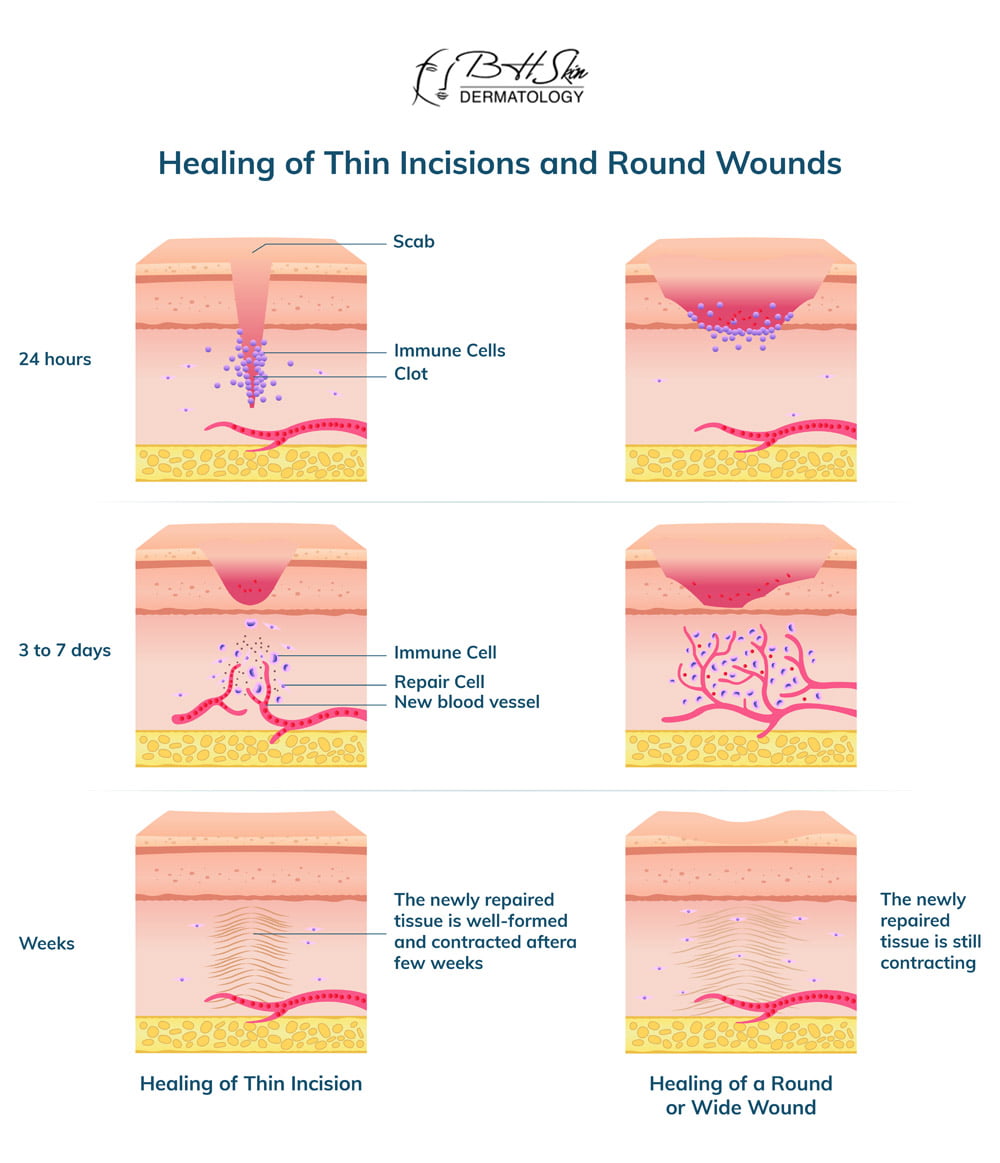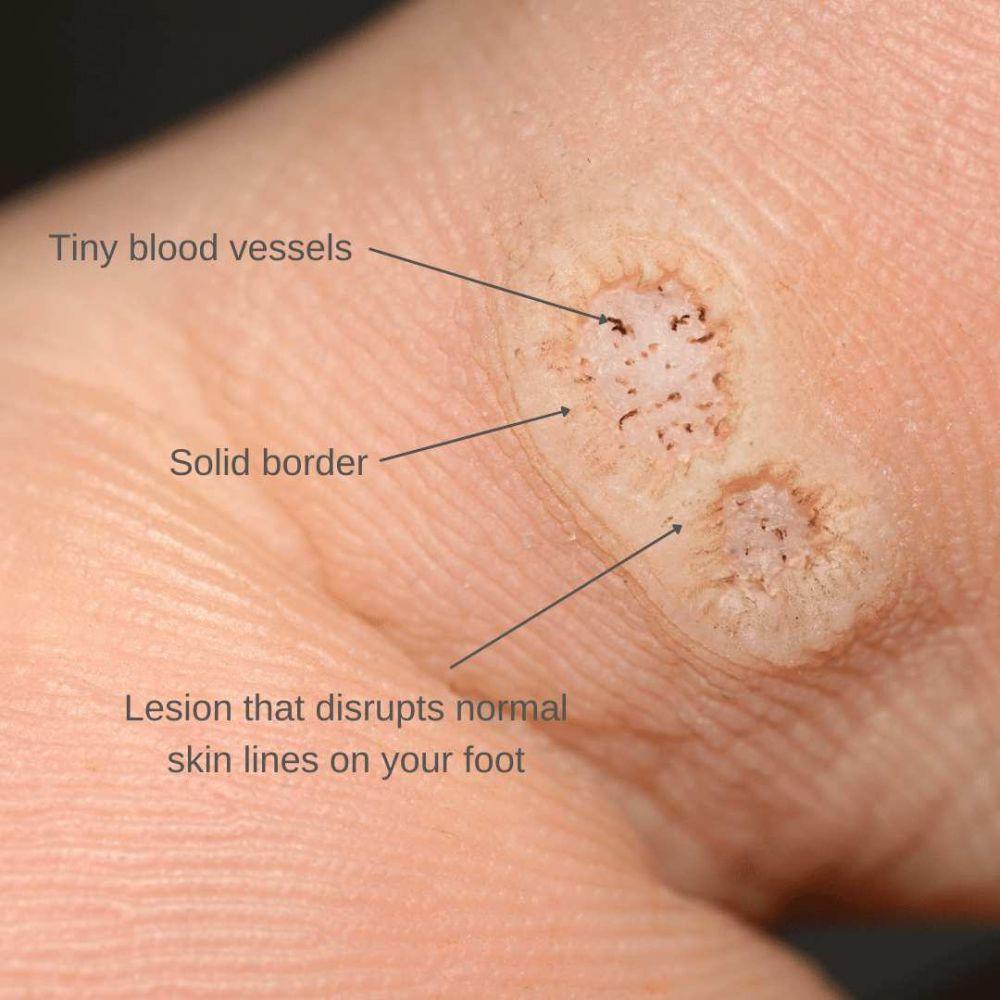Matchless Tips About How To Tell If A Wart Is Going Away

A dermatologist usually begins by scraping dead skin cells from the wart with a scalpel.
How to tell if a wart is going away. See your doctor for common warts if: This exposes more of the surface skin containing the virus to the. You can treat warts at home by applying salicylic acid, available without a prescription.
In the meantime, the virus that causes warts can spread. Signs a plantar wart is gone may include: Plantar warts develop on the bottom of your feet and typically grow inward.
There might have been five or six. You know in the middle of your wart those black dots. Concentrations range from 17% to 40% (stronger.
Visible lines of the skin crossing the treated area. Warts are a type of infection caused by viruses in the human. You've tried treating the warts, but they persist, spread or recur.
Scraping off the top layer of the wart to check for. The growths are painful or change in appearance or color. The area should feel smooth, without bumps.
Warts are common skin symptoms associated with the human papillomavirus (hpv). You can get warts from touching a wart on someone else’s body, or by coming in contact with surfaces that touched someone’s warts, such as towels or bathmats. If infection or improper healing delays wart.
This can take a long time, though. While many people associate hpv. Plantar warts typically have a grainy appearance and a flat, rough surface and are either gray or brown.
When the virus does take hold, it grows a lump of thickened skin, which is the wart. They may resemble skin tags, but their rough texture and. You should not have any black dots, one of the signs of plantar warts.
When a wart is not going away despite treatment, it is best to contact your healthcare provider or a dermatologist. Another distinguishing factor is that they may have small. Itching, peeling, and bleeding are common symptoms of a dying wart.
No you cannot see the virus that is causing the wart. How can you tell if plantar warts are going away? Warts are benign (noncancerous) growths that can develop on your skin and.



